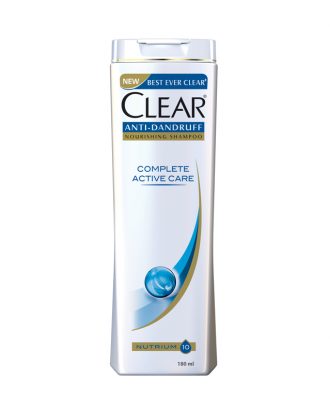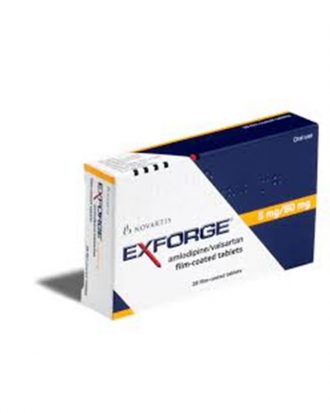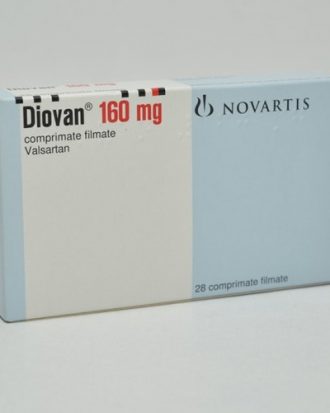Subtotal: ৳ 270.00
Oleanz (Tab) 5mg
৳ 2.56
Indications
Olanzapine is indicated for the acute and maintenance treatment of schizophrenia and related psychoses where positive symptoms (e.g. delusions, hallucinations, disordered thinking, hostility and suspiciousness) and/or negative symptoms (e.g. flattened affect, emotional and social withdrawal, poverty of speech) are prominent. Olanzapine is indicated for the treatment of acute manic or mixed episodes in bipolar disorder, with or without psychotic features and with or without a rapid cycling course
Therapeutic Class
Atypical neuroleptic drugs
Pharmacology
Olanzapine is an antipsychotic agent and has affinities for serotonin 5HT2A/2C, 5HT3, 5HT6; dopamine D1, D2, D3, D4, D5; cholinergic muscarinic receptors M1-M5; α1 adrenergic; and histamine H1 receptors. The mechanism of action of Olanzapine, as with other drugs having efficacy in schizophrenia, is unknown. However, it has been proposed that this drug’s efficacy in schizophrenia is mediated through a combination of dopamine and serotonin type 2 (5HT2) antagonism. Olanzapine is well absorbed after oral administration, reaching peak plasma concentrations within 5 to 8 hours. The absorption is not affected by food. Olanzapine is not mutagenic or clastogenic as well as not carcinogenic.
Dosage & Administration
The recommended starting dose for Olanzapine is 10 mg/day, administered as a single daily dose without regard to meals. Daily dosage may subsequently be adjusted on the basis of individual clinical status within the range of 5-20 mg daily. An increase to a dose greater than the routine therapeutic dose of 10 mg/day i.e. to a dose of 15 mg/day or greater, is recommended only after appropriate clinical reassessment.
When more than one factor is present which might result in slower metabolism (female gender, geriatric age, non-smoking status), consideration should be given to decreasing the starting dose. Dose escalation, when indicated, should be conservative in such patients.
Interaction
Drugs that induce CYP1A2 or glucoronyl transferase enzymes (omeprazole, rifampicin), inhibitor of CYP1A2 (fluvoxamine), centrally acting drugs, antihypertensive agents.
Contraindications
Olanzapine is contraindicated in those patients with a known hypersensitivity to any ingredient of the product as well as in patients with known risk for narrow-angle glaucoma.
Side Effects
Frequent: somnolence and weight gain.
Occasional: dizziness, asthenia, akathisia, increased appetite, peripheral oedema, orthostatic hypotension, and mild, transient anticholinergic effects including constipation and dry mouth; transient, asymptomatic elevations of hepatic transaminases, ALT, AST.
Rare: Photosensitivity reaction and bradycardia.
Occasional: dizziness, asthenia, akathisia, increased appetite, peripheral oedema, orthostatic hypotension, and mild, transient anticholinergic effects including constipation and dry mouth; transient, asymptomatic elevations of hepatic transaminases, ALT, AST.
Rare: Photosensitivity reaction and bradycardia.
Pregnancy & Lactation
Olanzapine should be used in pregnancy only if the potential benefits justify the potential risk to the foetus. So, patients should be advised to notify their physician if they become pregnant or intend to become pregnant during treatment with Olanzapine. There is no report to show teratogenecity. Patients should not breast feed if they are taking Olanzapine.
Precautions & Warnings
Olanzapine should be used cautiously in patients who have a history of seizures or have conditions associated with seizures. Olanzapine should be used cautiously in patients with low leukocyte and/or neutrophil counts for any reason, drug induced bone marrow depression/toxicity caused by radiation therapy or chemotherapy, hypereosinophilic conditions, impaired hepatic function, and patients using hepatotoxic medicines, centrally acting drug and medicines know to increase QT interval, especially in the elderly. Patients should be cautioned about operating hazardous machinery, including motor vehicles.
Use in Special Populations
Children: Olanzapine has not been studied in subjects under 18 years of age.
Elderly patients (age 65 and over): starting dose 5 mg/day
Patients with hepatic, renal impairment: starting dose 5 mg/day
Storage Conditions
Keep below 30°C temperature, away from light & moisture. Keep out of the reach of children.

 Clear Complete Active Care | 180 ml
Clear Complete Active Care | 180 ml  Closeup Ever Fresh Anti Germ Toothpaste | 45 g
Closeup Ever Fresh Anti Germ Toothpaste | 45 g 





Reviews
There are no reviews yet.